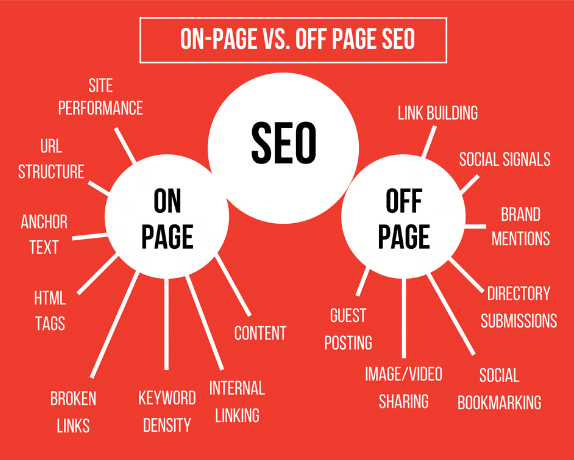Local Search Engine Optimization At The Enterprise Level

Local Search Engine Optimization At The Enterprise Level
A lot has been written about what the best Local search practices are for small establishments or single business locations. But many marketers in larger companies want to know how to apply these strategies for their multiple locations in Local Search Engine Optimization.

The easiest answer is to test out a several different strategies and then apply the ones that work best for your particular brand. Local search is usually synonymous with small business owners who try and serve specialized niches or locations, interacting with customers directly. Local search, however, is also a smart marketing strategy that resides at the core of many large enterprises that have multiple locations, either owned or franchised. Local search contributes to the overall search traffic, and creates many opportunities for additional brand discovery, recognition and as a final result, conversions.
Local search is unpredictable territory. Even if you think your company has it all figured out and you are reaping its rewards, our old friend Google can wave its magic wand and change the game entirely. This happens all the time and is going to continue to happen in the future, probably at a faster pace than ever. Despite periodic, structural changes from Google, there are still some steps that enterprises can take to succeed within local search. Here are some examples:
Google+ Local Page
- The name on your website (HTML NAP) must match your place page NAP.
- Choose category associations that will best fit your business type.
- Always use a phone number that has a local area code.
- Incorporate high-quality images.
- Optimize your description with some targeted local keywords.
- Add call-to-action messaging.
- Use the actual web page URL of the business with no redirects.
- Complete the business profile completely with your business hours, payment options and additional else that is pertinent.
- Request updates using Google’s Map Maker if there are duplicate pages or incorrect
NAP information.
Business Website
- Use location keywords like your city and state and product or service keywords in the URL.
- Place location keywords in the title tag, and also in the H1 and H2 tags.
- Make sure to have NAP information on every single site page.
- Create a map and a directions page and be sure to provide geo-coordinates.
- Add the appropriate micro-formatted data. Use a site like schema.org to connect
- relevant content types on your website, like NAP, your hours of operation, reviews,
- special events, and other details.
Off-Page Factors
Citations:
Use data aggregators such as Neustar, Localeze, InfoGroup, or Acxiom to maintain feeds that are consistent in order to manage your business listing data.
Maintain consistent NAP across all of your websites and directories using your feeds to the data aggregators.
Aside from the data aggregator feed, be sure to claim and manage some of the local and industry-relevant domains, like Yelp Yellow Pages, and Foursquare.
Links:
Maintain link building best practices at the same time you are marketing your location’s website. This should include authoritative inbound links from any unique or relevant domains.
Reviews:
Encourage and educate individual stores to request reviews from their customers on Google+ Local pages and any of the third-party review sites like TripAdvisor or Yelp.
Social Signals:
Educate and encourage individual stores to acquire +1s, likes or check-ins, and be sure to post on Google+ and Facebook.
If the individual store locations have their own page on Twitter, encourage them to acquire followers and make sure to maintain engagement.
A successful Local search strategy for your brand begins with your location. Your business must be located in the city that is being searched. You need to strive to gain a competitive edge through consistency with NAP, citations and relevant reviews so you can build relevancy and prominence.
The larger enterprise companies achieve their ultimate success by keeping abreast of all the changes that happen in Local search staying true to the important and necessary
SEO fundamentals, and marketing their locations to customers at the local level as expertly as is humanly possible.
Author Bio: She is suzy. She is an editor in a site. She posted articles in fields like web seo services, seo training, seo services







Great content, l have learned a lott about local seo
Thanks,
Onder Turan